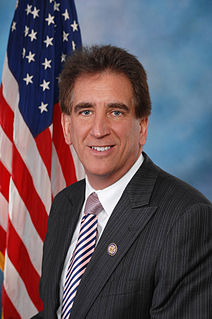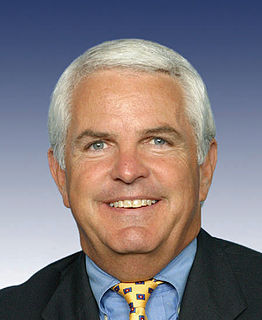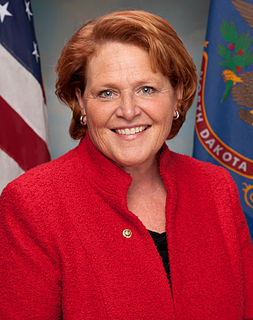A Quote by Sylvia Mathews Burwell
Health care costs are an issue both for the government and for our larger economy.
Quote Topics
Related Quotes
We don't know what our health care costs are going to be. We don't know what our tax rates are going to be. We don't know what our interest rates are going to be. We don't know what our energy costs are going to be. All these uncertainties are being driven by the Government's agenda. What we really need to do is get Government to step back.
The Commission agrees that the federal government should help alleviate these costs. The best way to do so is to reduce illegal immigration.... We recommend immediate reimbursement of criminal justice costs, because these conditions can now be met, but we urge further study of the costs of health care and education before impact aid is provided.
I've voted for Republicans who were strong on defense, who believed in a free and open economy but who also understood that there's a place for government in our lives, that government has a responsibility to those of our citizens who are in need and those of our citizens who are needy of health care.




































